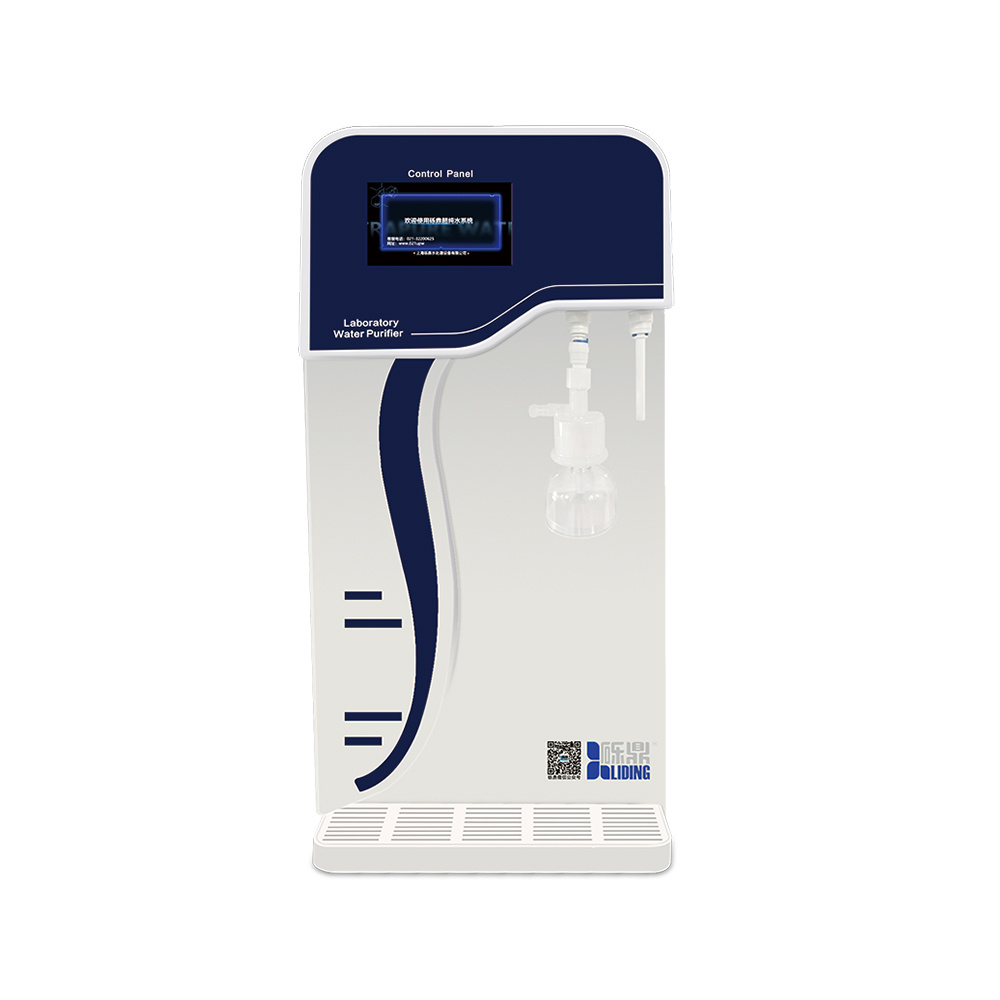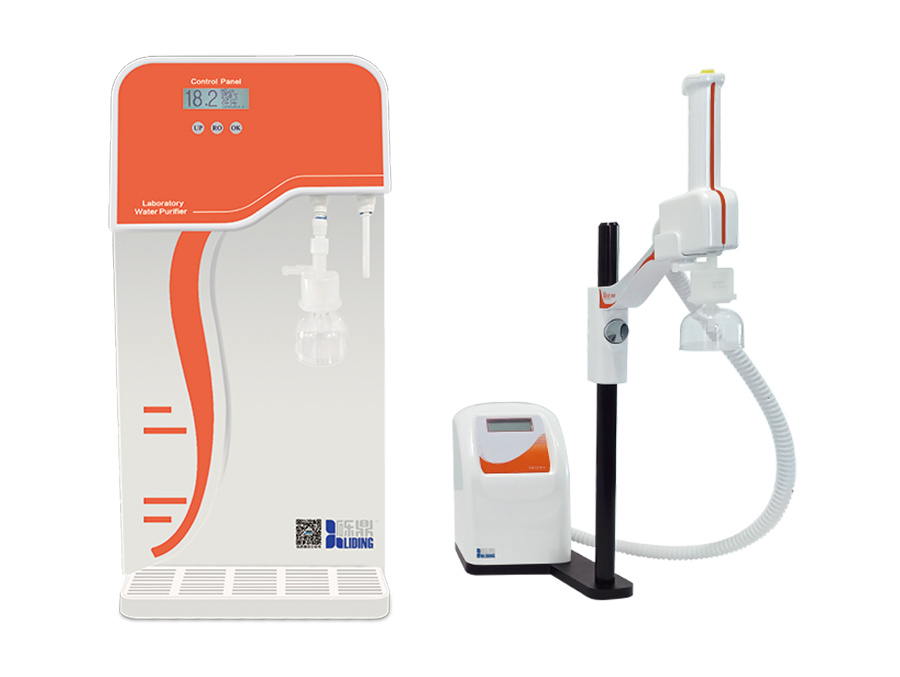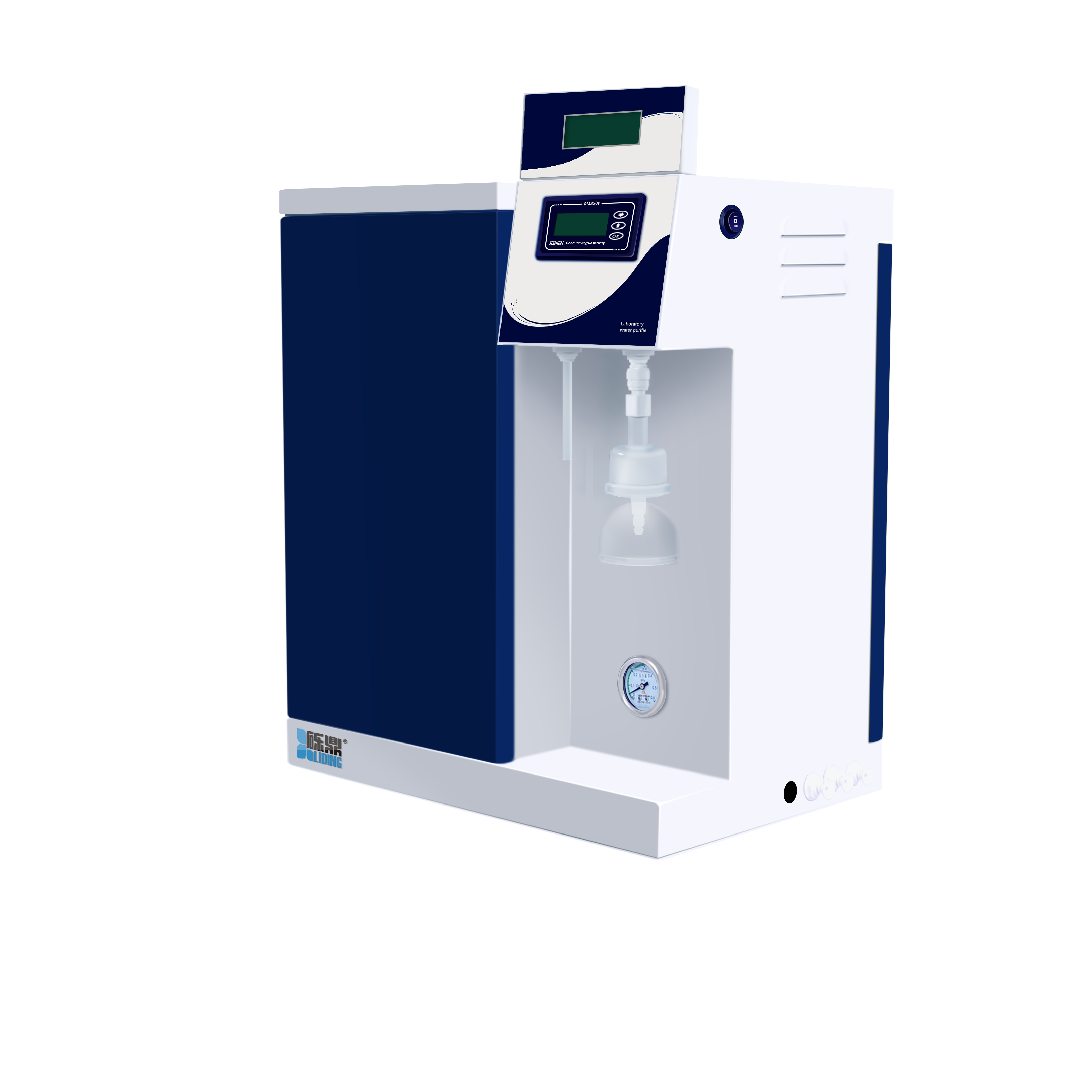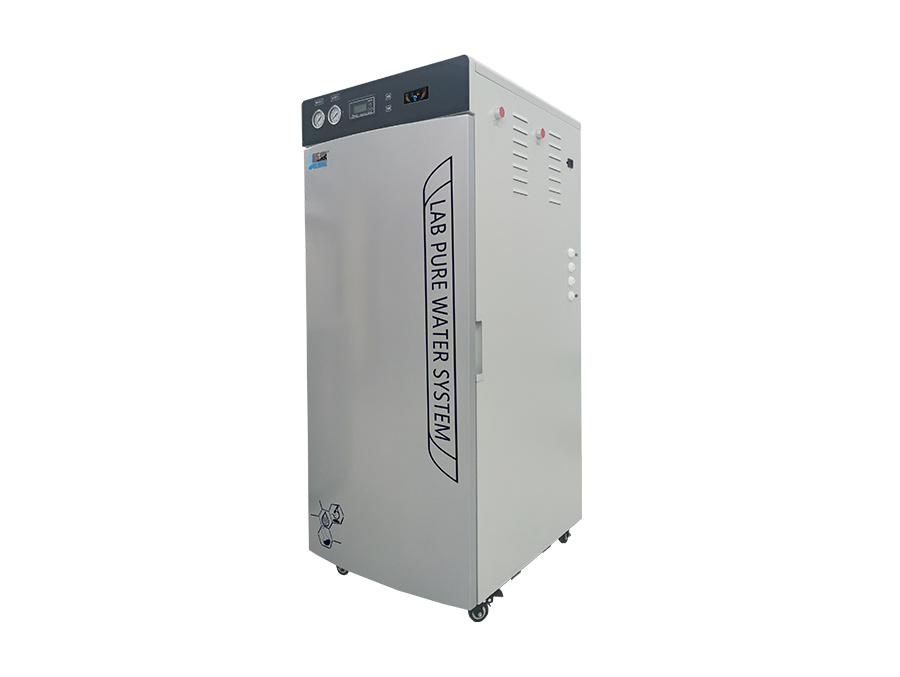Deionized Water: The Key to Optimizing Your Water Treatment Equipment
Time:
Jul 17,2025
Deionized Water: The Key to Optimizing Your Water Treatment Equipment
Introduction to Deionized Water
Deionized water, often referred to as demineralized water, is a critical component in various industrial applications, particularly in water treatment systems. By removing ions and impurities, deionized water ensures the highest level of purity required for processes in sectors ranging from pharmaceuticals to electronics. This article explores how deionized water can significantly optimize your water treatment equipment, enhancing its efficiency and lifespan.
Understanding Deionization: The Process Explained
What is Deionization?
Deionization is a water treatment process that removes charged particles or ions from water. These ions include cations like calcium and magnesium, as well as anions such as chloride and sulfate. By employing ion exchange resins, deionization effectively replaces these ions with hydrogen and hydroxide ions, resulting in high-quality, purified water.
The Deionization Process in Detail
Deionization typically involves two main stages:
1. **Cation Exchange**: This stage replaces positive ions in the water with hydrogen ions.
2. **Anion Exchange**: In this stage, negative ions are exchanged for hydroxide ions.
The result is water that is almost entirely free from ionic impurities, making it ideal for sensitive applications that require high purity.
The Importance of Deionized Water in Water Treatment Equipment
Enhancing Equipment Efficiency
One significant advantage of using deionized water in water treatment equipment is the enhancement of overall efficiency. The absence of minerals and contaminants reduces scaling and fouling in pipes and tanks, leading to less maintenance and downtime. This efficiency translates into cost savings and improved performance.
Prolonging Equipment Lifespan
Using deionized water helps prolong the lifespan of water treatment systems. With fewer buildup and deposit issues, the components of your systems, such as pumps, membranes, and heat exchangers, experience less wear and tear. Over time, this can mean substantial savings from reduced replacement costs and extended operational periods.
Applications of Deionized Water in Various Industries
Pharmaceutical Manufacturing
In the pharmaceutical sector, the purity of water is paramount. Deionized water is essential for preparing pharmaceuticals and cleaning equipment, ensuring that no contaminants compromise product quality.
Microelectronics and Semiconductor Industry
Deionized water is critical in the manufacturing of microelectronics and semiconductors. Any impurities in water can lead to defects in sensitive electronic components. Therefore, the use of deionized water helps maintain stringent quality control standards.
Power Generation
In power plants, deionized water is often used in cooling systems and steam generation. The absence of minerals prevents scaling in boilers and heat exchangers, enhancing thermal efficiency and reducing maintenance needs.
Food and Beverage Processing
Food safety is paramount in the food and beverage industry. Deionized water plays a role in ensuring that products meet health and safety standards, particularly when it comes to cleaning and processing equipment.
Best Practices for Utilizing Deionized Water in Water Treatment Systems
Regular Quality Testing
To maintain the effectiveness of deionized water in your systems, it’s essential to conduct regular quality testing. Monitoring the conductivity and total dissolved solids (TDS) levels helps ensure that the water remains within required purity levels.
Proper Storage and Handling
Deionized water should be stored in non-reactive containers to prevent recontamination. It's crucial to avoid contact with any materials that could leach ions back into the water.
Integrating Deionized Water into Existing Systems
When integrating deionized water into existing water treatment systems, consider the compatibility of your equipment. Upgrading certain components, such as valves and pumps, may be necessary to prevent corrosion and ensure optimal performance.
Potential Challenges and Solutions
Cost Considerations
Implementing deionized water systems can involve upfront costs for equipment and maintenance. However, the long-term savings from reduced equipment wear and tear often outweigh these initial investments.
Contamination Risks
While deionized water is pure, it can absorb CO2 from the air, leading to the formation of carbonic acid. Utilizing proper storage and handling techniques can mitigate this risk.
FAQs About Deionized Water and Water Treatment Equipment
1. What is the difference between deionized water and distilled water?
Deionized water is treated to remove ions, while distilled water is created through boiling and condensation, removing impurities but not necessarily all ionic contaminants.
2. How does deionized water benefit industrial processes?
Deionized water enhances equipment efficiency, reduces scaling and fouling, and prolongs the lifespan of water treatment systems.
3. Can deionized water be used in all water treatment systems?
While deionized water is highly versatile, it is essential to evaluate the compatibility of existing equipment to avoid corrosion or other issues.
4. How often should the purity of deionized water be tested?
Regular testing is recommended, typically on a monthly basis, to ensure that the water meets required standards for purity.
5. What maintenance is required for deionization systems?
Routine maintenance includes checking resin performance, replacing exhausted resins, and monitoring system integrity to prevent leaks or contamination.
Conclusion
Deionized water serves as a cornerstone for optimizing water treatment equipment across various industries. Its ability to enhance efficiency, longevity, and performance makes it an invaluable resource. By understanding the deionization process and implementing best practices, businesses can maximize the benefits of deionized water, ensuring that their water treatment systems operate at peak efficiency. Whether you are in pharmaceuticals, electronics, or any other sector requiring high-purity water, integrating deionized water into your processes is a strategic move that can lead to significant operational improvements.
RELATED NEWS








